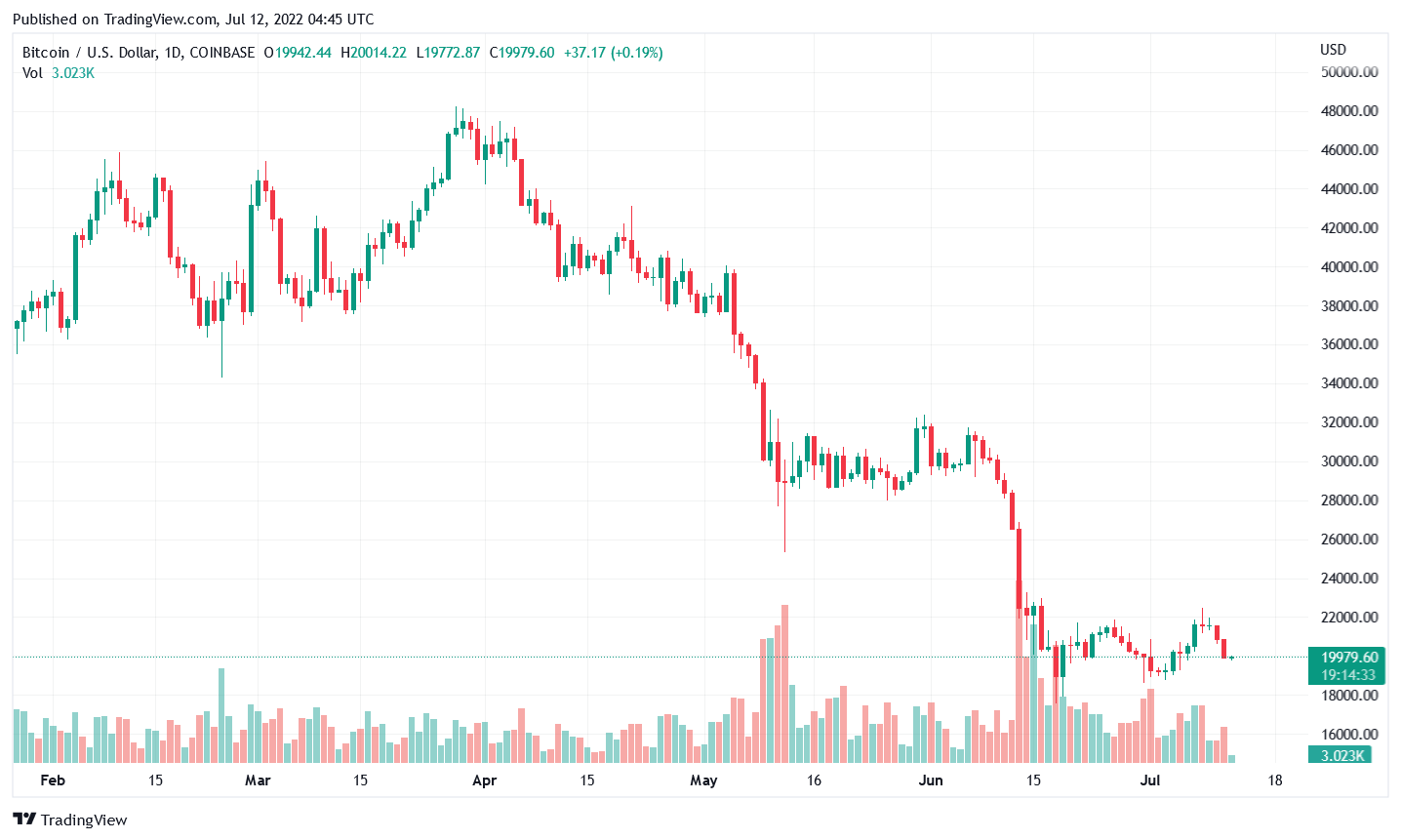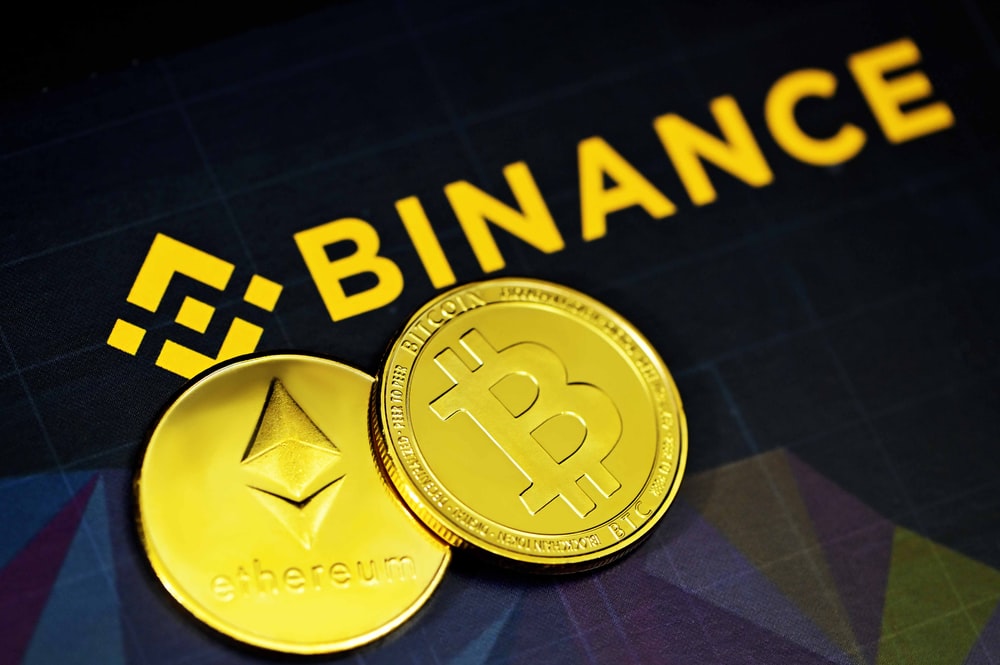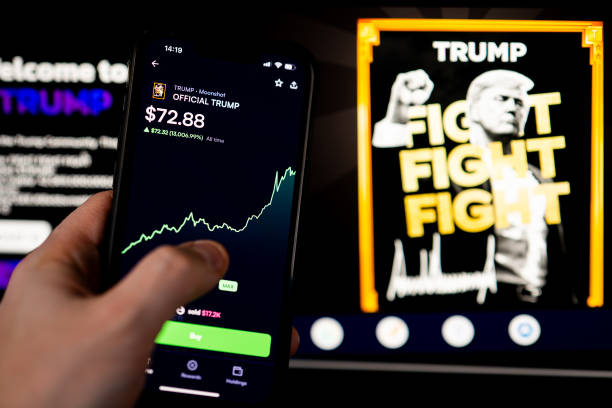A report says that despite a company ban and economic penalties on Iran, the largest cryptocurrency exchange Binance continued to serve Iranian customers.
Binance Under Fire
In spite of Iran being added to Binance’s blacklist of countries it would not do business with, local traders reportedly continued to do so, according to a Reuters report.
The investigation discovered that the exchange might have evaded American sanctions put in place in 2018. This runs counter to Binance’s statements that it stopped serving Iranian clients in November of the same year.
According to Reuters, these traders used their Binance accounts up to September 2021, when stricter anti-money laundering (AML) regulations went into effect. According to the document, 11 additional people asserted to have been active traders on Binance.
Iranians’ use of the exchange calls into doubt capital limits put in place after the United States stepped up its economic sanctions against it in 2018. Since Binance is based in the Cayman Islands, it is not subject to the sanctions that prevent American companies from conducting business in Iran.
However, Binance’s U.S.-based company Binance.US throws a wrench in the works by allowing Iranians to circumvent trade embargos and perhaps incurring secondary sanctions for operating in a country that is sanctioned.
One Iranian trader allegedly told Reuter:
“There were some alternatives, but none of them were as good as Binance.”
In November 2018, after the Trump administration reneged on the terms of its predecessor’s nuclear deal and reinstituted sanctions on Iran, Binance prohibited traders from Iran from utilizing its exchange. Users from Iran were apparently able to register Binance accounts with just an email address and continue trading on the site despite the official prohibition up until the exchange improved its anti-money laundering procedures in August 2021.
According to the Reuters article, users from Iran could easily get over Binance’s ban by using VPNs to hide their IP addresses, which could reveal their location to the exchange.
Related reading | Binance Launches Platform For Institutional And VIP Investors
CZ Hits Back
In response to the news, Changpeng Zhao, also known as “CZ,” the founder and CEO of Binance, posted on Twitter that “Binance has been using Reuters WorldCheck as one of the KYC verification tools since 2018.”
Soon later, the executive tweeted again about the company’s dedication to AML guidelines. According to the blog post:
“Binance is not a U.S. company, nor are we headquartered there, but out of respect for U.S. law and the role of America in the global economy, we blocked all access to our platform to anyone based in Iran as we implemented more advanced complex detection tools that allowed us to further crack down on users in sanctioned regions that had access to sophisticated masking tools.”
According to a Reuters story from earlier in June, Binance allegedly processed more than $2.35 billion in illicit funds between 2017 and 2021 and served as a “hub for hackers, fraudsters, and drug traffickers.” Binance immediately refuted Reuters’ assertions, claiming that the media went above and above to promote a “false narrative,” and made available 50 pages of email correspondence between business leaders and Reuters.

BTC/USD slides below $20k. Source: TradingView
In response to Russia’s ongoing invasion of Ukraine, Binance recently took action in accordance with sanctions imposed by the European Union. This resulted in limitations on trading on Binance’s spot, futures, and custodial wallets, as well as staked and earned deposits, for Russian citizens holding more than 10,000 euros ($10,800).
In order to fill its top positions as it continues its expansion plans, Binance US recently hired Tammy Weinrib, a former vice president of the financial crime compliance department at a French bank, and the European arm nabbed Jonathan Farnell, a former head of compliance at eToroX.
Related reading | Cambodia Gets Binance Assistance In Crypto Regulations
Featured image from Unsplash, chart from TradingView.com










